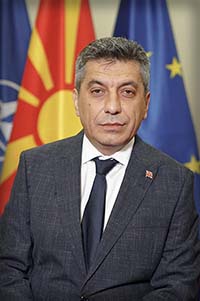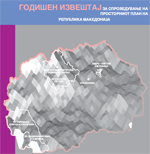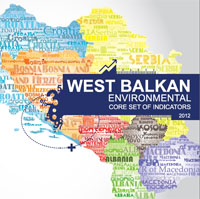The Deputy Minister of Environment and Physical Planning, Christina Odzaklieska, today addressed the panel discussion dedicated to “Energy transformation through local climate action” within the framework of the “Macedonian Energy Forum”, organized by the Delegation of the European Union to the Republic of North Macedonia and the Government of the Republic of North Macedonia, was held in Skopje.
 “Macedonian Energy Forum” MEF 2023 is a premier international event focused on energy resilience and green transition in the Western Balkans, designed to offer an exchange of ideas, sharing of best practices, and innovative solutions for the energy transition. The forum provided a platform for policymakers, experts, and stakeholders to discuss the challenges and opportunities in the energy sector and to share ideas on improving energy policies and ways to finance the application of the most efficient energy technology to ensure energy resilience and a green transition.
“Macedonian Energy Forum” MEF 2023 is a premier international event focused on energy resilience and green transition in the Western Balkans, designed to offer an exchange of ideas, sharing of best practices, and innovative solutions for the energy transition. The forum provided a platform for policymakers, experts, and stakeholders to discuss the challenges and opportunities in the energy sector and to share ideas on improving energy policies and ways to finance the application of the most efficient energy technology to ensure energy resilience and a green transition.
Deputy Minister Odzaklieska emphasized that every decision we make as a central and local government or as citizens can have a huge impact on dealing with climate change.
– Energy-efficient buildings, low-carbon public transport, and encouraging cycling and walking are essential to reducing CO2 emissions. Greening cities with parks and gardens reduces CO2 and helps cool urban areas and prevents and reduces flooding. Such a practice of exchanging opinions and joint action at the local level helps local communities to fight against climate change and build resilience to climate impacts – she said.
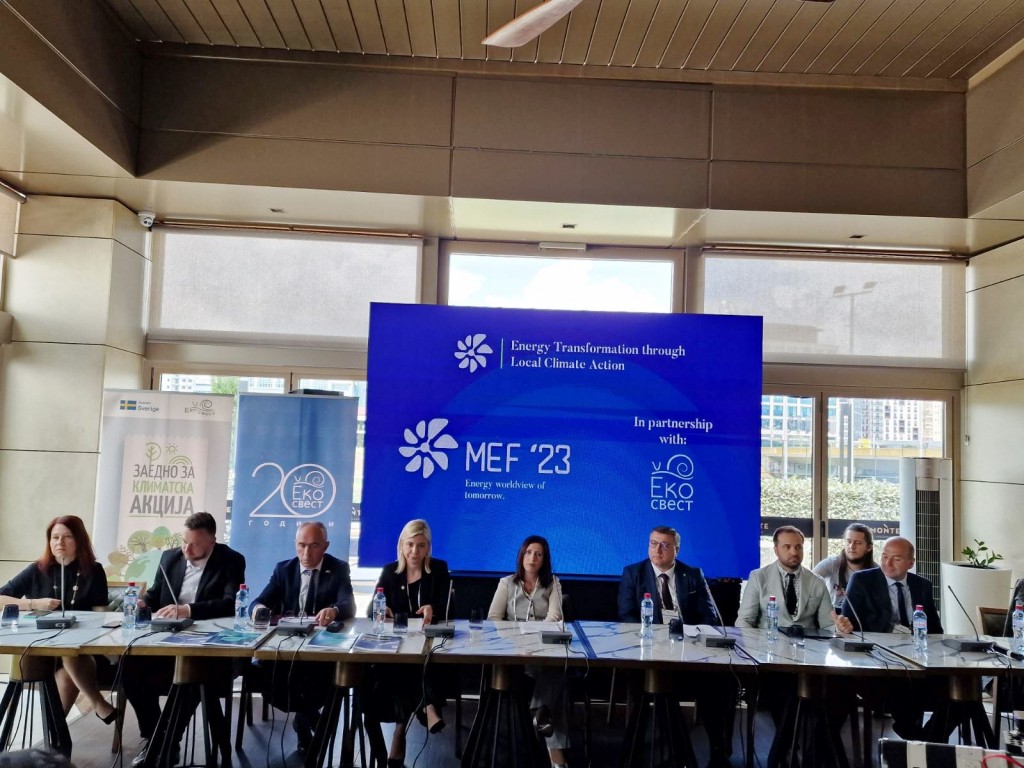 The Deputy Minister also emphasized – We in the MOEPP always practice the involvement of local authorities and citizens for integrated climate action. Consequently, the new Draft-Law on Climate Action foresees numerous articles dedicated to the local action, because we are aware that only with integrated, partnership, and inclusive action we can achieve the common goal of the Paris Agreement, and therefore I would like to emphasize the importance of the support and partnership with civil society organizations and our global international and bilateral partners in fulfilling our common obligations towards the new generations, Odzaklieska concluded.
The Deputy Minister also emphasized – We in the MOEPP always practice the involvement of local authorities and citizens for integrated climate action. Consequently, the new Draft-Law on Climate Action foresees numerous articles dedicated to the local action, because we are aware that only with integrated, partnership, and inclusive action we can achieve the common goal of the Paris Agreement, and therefore I would like to emphasize the importance of the support and partnership with civil society organizations and our global international and bilateral partners in fulfilling our common obligations towards the new generations, Odzaklieska concluded.
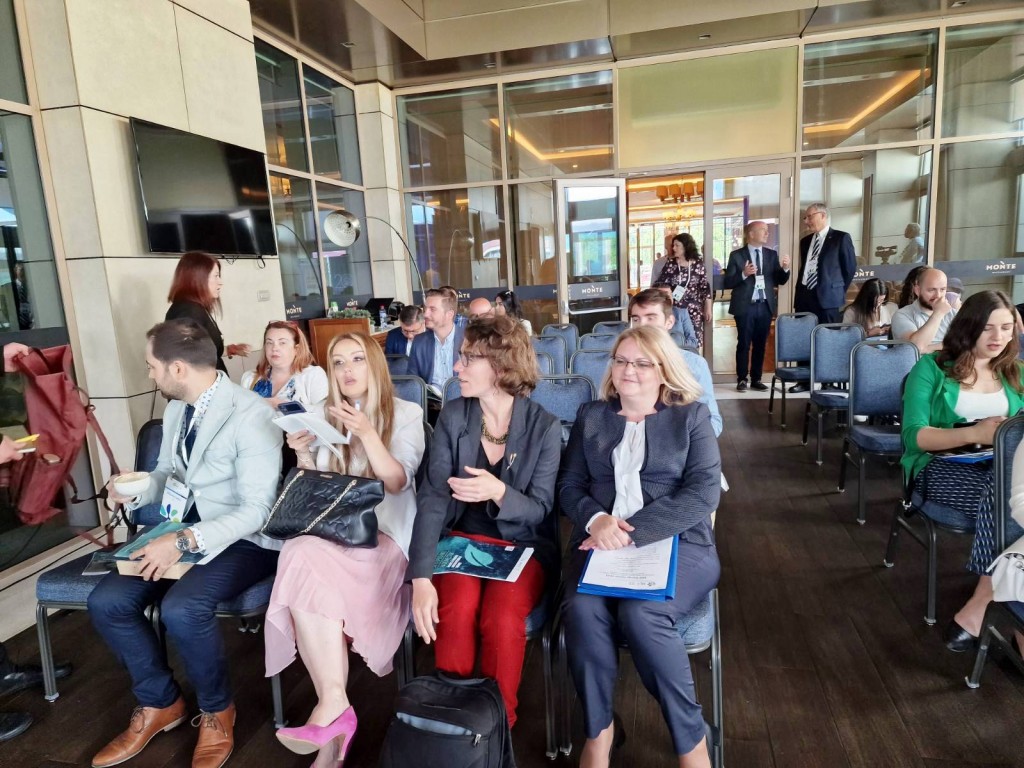 The panel discussion, organized in cooperation with the Center for Environmental Research and Information “Eco-awareness”, discussed the challenges faced by local governments in the implementation of climate action plans and strategies, the ways of educating the public for implementation and the promotion of climate activities, as well as the opportunities for cooperation between the various stakeholders.
The panel discussion, organized in cooperation with the Center for Environmental Research and Information “Eco-awareness”, discussed the challenges faced by local governments in the implementation of climate action plans and strategies, the ways of educating the public for implementation and the promotion of climate activities, as well as the opportunities for cooperation between the various stakeholders.
Diplomats, mayors, scientist’s and experts as well as activists from several civil society organizations addressed as panelists.






